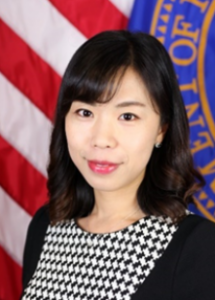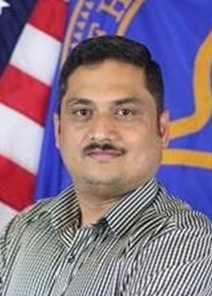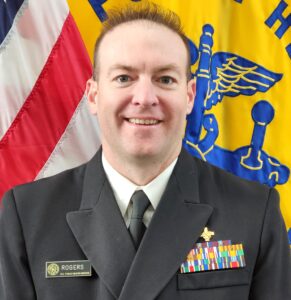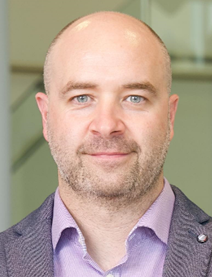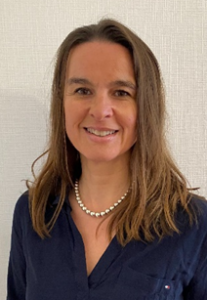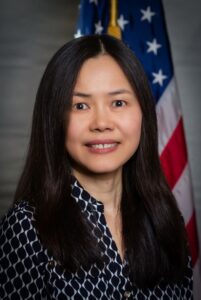The purpose of this workshop is to engage stakeholders industry, academia, and FDA in a discussion on the scientific and regulatory challenges associated with immunogenicity risk assessment for proposed generic peptide and oligonucleotide drug products.
Experts from the FDA, new and generic drug developers, academic institutions, contract research organizations (CROs), consultants and other scientists involved in generic peptide and oligonucleotide drug product development will collaborate to improve our understanding of the role of immunogenicity risk assessment in supporting generic peptide and oligonucleotide drug product development and enhancing the consistency of risk assessment. The workshop will also allow all interested parties to participate in in depth discussions via working sessions to analyze examples.
The talks and discussions on Day 1 will center on best practices used to assess the immunogenicity risk ascribed to both product- and process-related impurities that may be present in synthetic generic peptide products. The use of in silico and in vitro assays to assess major histocompatibility complex (MHC) binding and T cell responses will be discussed. In addition, several talks and discussions will center on the assessment of innate immune response modulating impurities in generic peptide products. On Day 2, the topics will shift to focus on the information that these methods can yield to inform the immunogenicity risk assessment of recombinant peptide and generic oligonucleotide products.
Through coordinated talks from regulatory, academic and industrial experts, attendees will gain an understanding of useful strategies, potential pitfalls (such as cell viability), considerations for reference standard selection, and statistical approaches to assess differences between datasets, as well as gaining clarity about regulatory expectations.
Virtual Attendees will have free access to all sessions of the workshop except the small group (in-person) working sessions. Virtual attendees will be able to:
- Attend all presentations and panel discussions
- Participate in all Q&A panel discussions by submitting questions online in real time to the speakers and panelists
- Enjoy free access to workshop recordings of presentations and panel discussion (not including the working sessions)
In-Person Attendees will enjoy all the benefits of virtual attendees, and will also play an active part in improving how immunogenicity risk assessment can support generic peptide and oligonucleotide drug products development by:
- Collaborating in person with FDA, industry, and academic experts throughout the workshop, and particularly during small group working sessions
- Engaging in dialogue with attendees and faculty about the challenges associated with conducting both adaptive and innate immunogenicity assays and the basis for regulatory expectations when conducting such assays
- Conversing with panelists during discussion panel Q&As
- Networking with colleagues during breaks
Workshop Topics
- Adaptive immunogenicity risk assessment for generic peptide drug products using in silico and in vitro approaches
- Innate immunogenicity risk assessment for generic peptide drug products using in vitro innate immune response modulating impurity (IIRMI) assays
- Immunogenicity risk assessment of host cell protein contaminants in peptide drug products
- Alternative models for immunogenicity risk assessment of peptide drug products
Audience
This workshop is primarily developed for generic drug industry, academic institutions, CROs, consultants, and others interested in the development of generic peptide and oligonucleotide drug products.
- Virtual Attendance is optimal for an audience that is interested in an introduction to the assessment of immunogenicity risk for generic peptide and oligonucleotide drug products.
- In-Person Attendance is optimal for an audience that is invested in actively engaging with the FDA, industry colleagues, representatives from CROs, and consultants to discuss and develop best practices to address the scientific and regulatory challenges associated with immunogenicity risk assessment for proposed generic peptide and oligonucleotide drug products.
Registration Fees:
- This workshop is FREE for virtual attendees.
- The cost for the two-day workshop in-person attendance and activities is:
- $500, in-person attendees – general
- $150, in-person attendees – government (must have an email ending in “.gov” in order to register at this rate)
- For faculty and students from the University of Maryland, Baltimore; The Universities at Shady Grove; and University of Michigan, the workshop is free for in-person attendance. Other students, please email us for a reduced rate. Please contact us at (info@complexgenerics.org) and indicate which workshop you are interested in.
-
Continuing education (CE) credits will not be provided for attending this workshop. A certificate of attendance will only be provided to individuals attending the workshop in-person.













